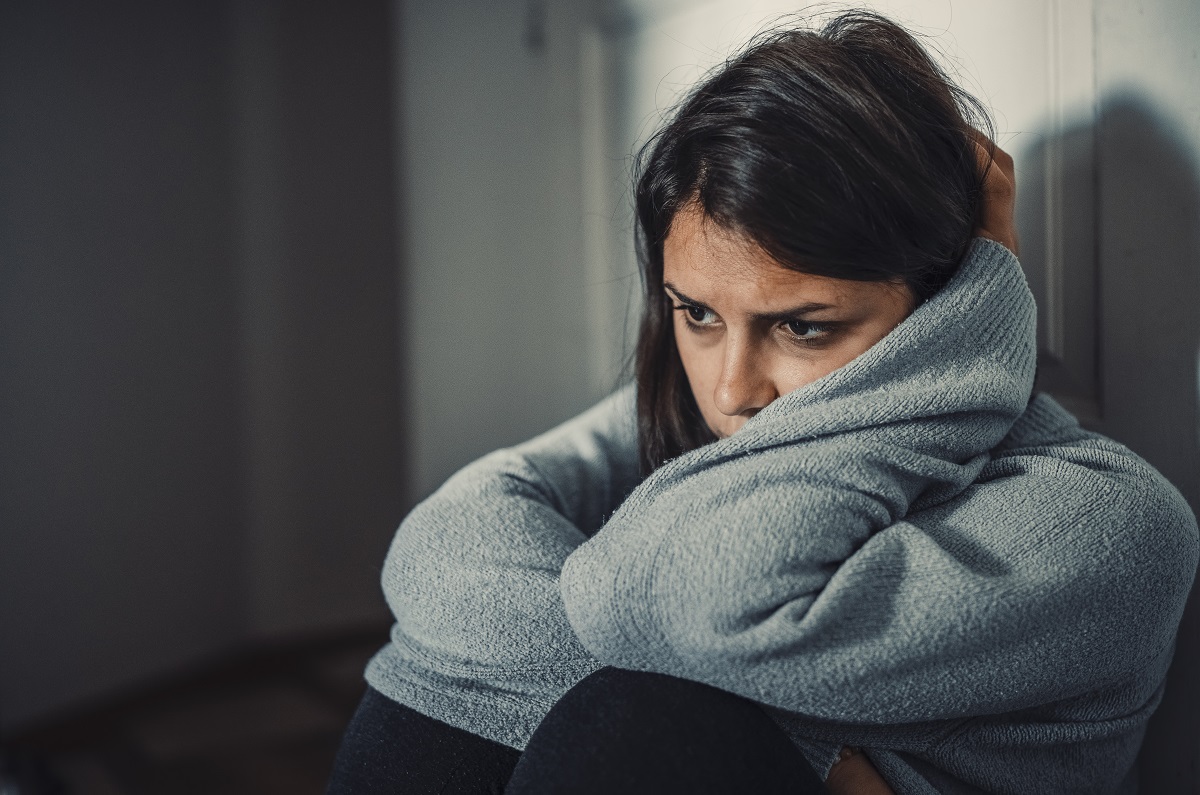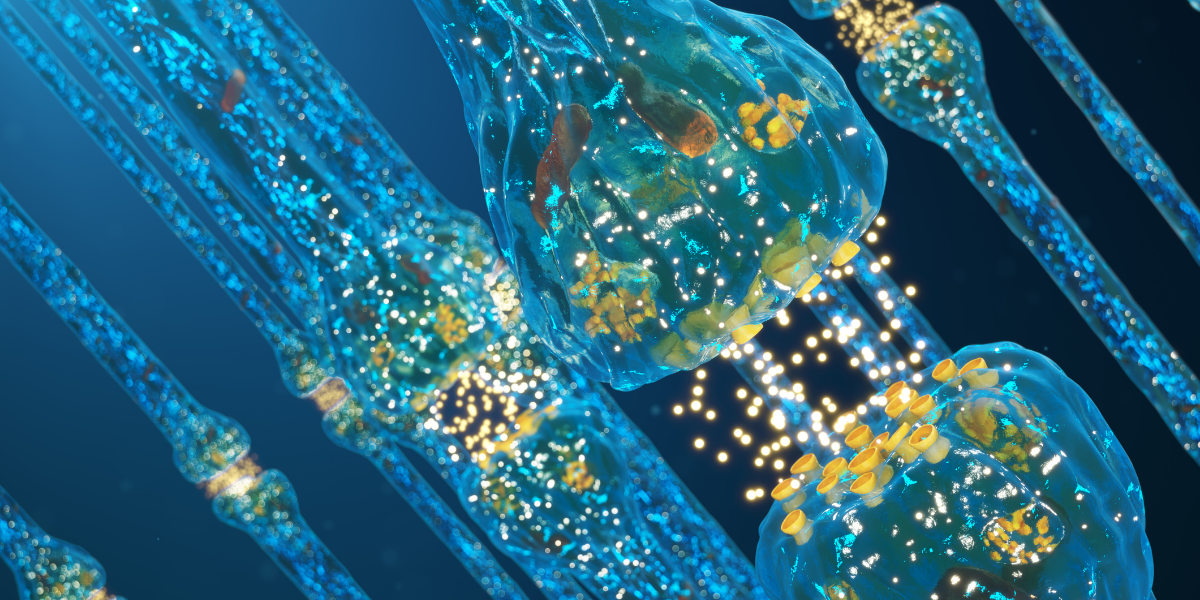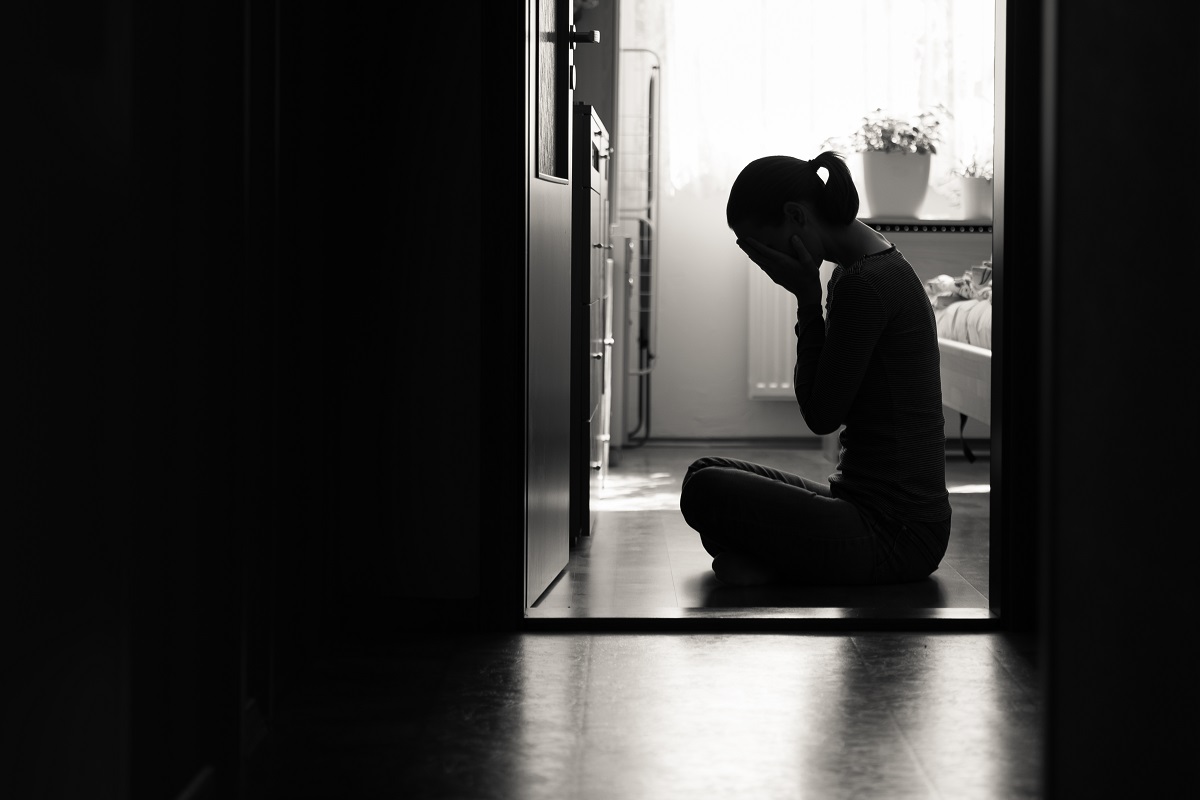Can Depression Cause Memory Loss?
May 8, 2023
Published on May 8, 2023. Updated on October 14, 2024. Yes, absolutely. Depression and memory loss often go hand in hand. At Madison Avenue TMS & Psychiatry, we have helped many depression patients who report difficulty with memory (forgetfulness) and concentration. While the idea of experiencing depression memory loss can…









